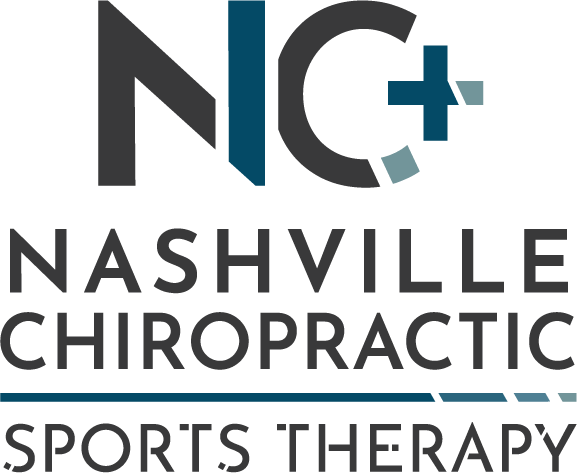For decades, it has been “understood” that you should ice acute injuries because it decreases inflammation, and inflammation is BAD. The most commonly used treatment protocol for acute injuries, RICE (Rest, Ice, Compression, Elevation), was coined by Dr. Gabe Mirkin in his book titled The Sports Medicine Book in 1978. This treatment plan has been implemented for virtually all acute, non-surgical sports-related injuries over the past 30+ years; however, there have been several recent studies and literature reviews that indicate RICE may not be the best option.
A great number of articles published in well known scientific journals like the British Journal of Medicine, The American Journal of Sports Medicine, The Journal of Athletic Training, etc… have shown that there is virtually no evidence that icing an injury helps speed healing. In fact, it can actually delay the healing and recovery process. Dr. Mirkin, the guy who recommended it in the first place, has since retracted his recommendations on ice.
Inflammation is good for an injury. It’s how we heal. The more you limit inflammation, the longer it will take to recover from an injury. Studies have also shown that icing post-injury can decrease the presence of inflammatory cells called macrophages. These cells release a hormone called Insulin-like growth Factor (IGF-1) into the damaged tissues, which helps heal muscles and other involved tissues. The use of ice can decrease the release of IGF in injured tissues which can significantly delay the healing process.
Ice is good for one thing though…Pain. The application of ice has been shown to decrease sensation in the affected area. The inflammatory process can be quite painful immediately following an injury. Ice can be used to decrease pain in the first post-injury hours. Dr. Mirkin recommends icing for 10 minutes up to twice after an injury, if necessary for pain, but ice should not be used more than 6 hours following an injury.
So if I’m not supposed to use ice, should I use heat? The short answer is…sometimes. For acute injuries where there is significant swelling, heat is probably not a good choice either as it could increase the swelling and discomfort. For subacute injuries, chronic injuries, muscle tightness, and muscle fatigue, heat seems to be the best choice. Although the efficacy is still uncertain, heat, seemingly, can increase blood flow, promote inflammation for healing, and reduce muscular pain.
So the rule of thumb regarding ice vs heat is… If the injury is acute, swollen, and painful use ice for up to a few hours, if you need to control the pain. If you don’t need the ice for pain, then leave it off. Don’t heat areas with a lot of swelling, otherwise, when in doubt use heat.




